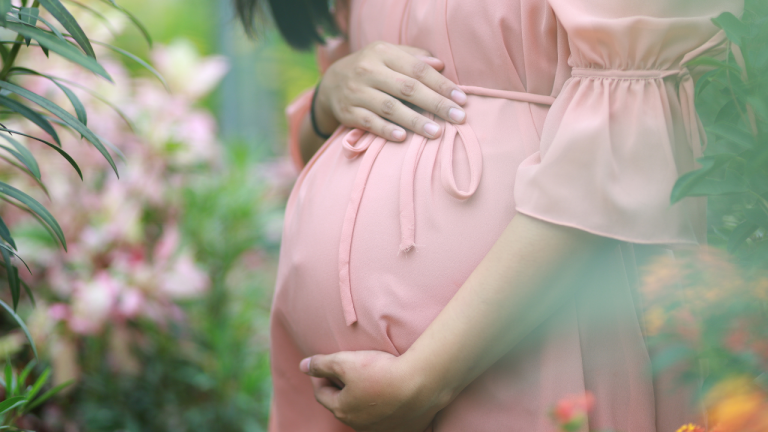Other Factors Affecting the Baby’s Development During the 1st 1,000 Days

There are several factors that can affect a baby’s development during the first 1,000 days, including:
Environmental toxins: Exposure to environmental toxins, such as lead, mercury, and pesticides, can harm a baby’s developing brain and have long-lasting effects on health and development.
Stress: Exposure to stress, such as maternal stress during pregnancy or early childhood stress, can affect brain development and increase the risk of behavioral and emotional problems.
Infections: Exposure to infections, such as HIV, rubella, and cytomegalovirus, during pregnancy, can harm the developing fetus and increase the risk of birth defects and developmental problems.
Poor nutrition: Malnutrition or poor nutrition, both during pregnancy and early childhood, can affect a child’s growth, cognitive development, and immune function.
Lack of stimulation: A lack of stimulation, such as interaction and play, can affect a child’s development, particularly in the areas of language, social skills, and cognitive development.
Substance abuse: Substance abuse during pregnancy, such as alcohol or drug use, can harm the developing fetus and increase the risk of birth defects and developmental problems.
In conclusion, the first 1,000 days of a child’s life are critical for their development, and a variety of factors, including environmental, biological, and socio-cultural factors, can affect their growth and development. Ensuring a healthy pregnancy and environment, providing adequate nutrition and stimulation, and avoiding harmful substances can help to promote optimal development during this critical period.



